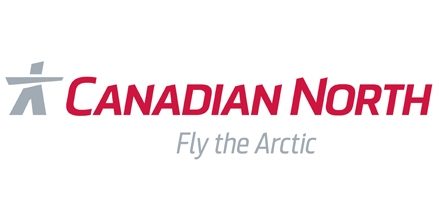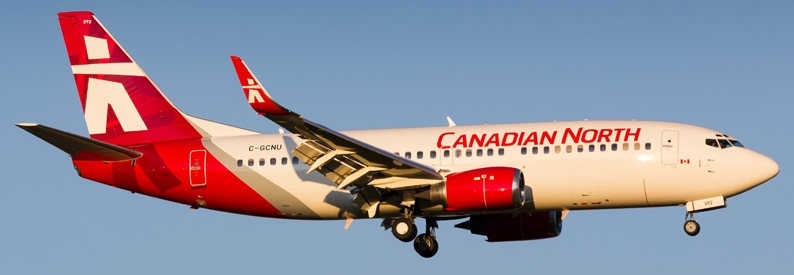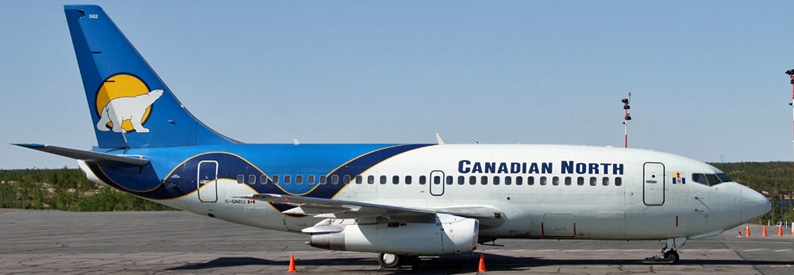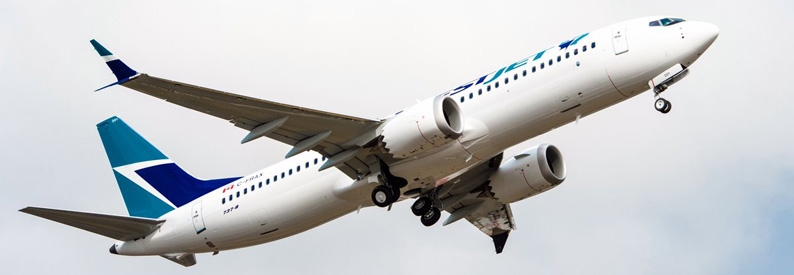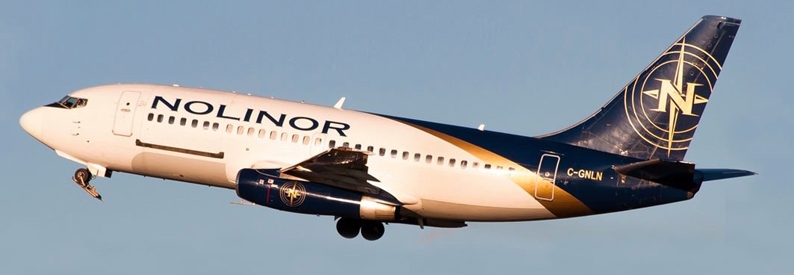Canadian North (5T, Yellowknife) will retire its last B737-200C with gravel kit on April 1, 2023, transitioning to turboprop services for the remoter parts of Nunavut, CEO Michael Rodyniuk revealed in an interview with public broadcaster CBC.
"Understandably, the community would prefer that we keep the jet on the market, and we would love to be able to do that, it's just that the world has moved on from gravel runways, and with Cambridge Bay using a gravel runway we have to use equipment that will fly into that type of environment," he said.
Besides Cambridge Bay, the airline also deploys the aircraft to Kuglutuk/Coppermine.
The airline originally planned to retire its remaining -200(C)s by early 2022. It will replace the Boeing jet with ATR - Avions de Transport Régional turboprops - it currently operates two ATR42-300s, five ATR42-300(QC)s, six ATR42-500s, and one ATR72-500(F). The fleet also includes eight B737-300s, two B737-300(QC)s, one B737-400, three B737-400(C)s, and four B737-700s. However, none of the larger B737 aircraft is capable of operating from gravel runways.
Rodyniuk clarified that the maintenance of a single B737-200 was becoming too burdensome for the carrier. C-GDPA (msn 22056) was manufactured in 1980 and has been operated by Canadian North since 2001, according to the ch-aviation Commercial Aviation Aircraft Data module. It is, by a margin of nearly ten years, the oldest aircraft in the airline's fleet and the last of five B737-200(C)s operated by Canadian North throughout its history. The ch-aviation fleets history module shows that the carrier has also operated ten B737-200s, but never more than six at the same time. The type remains in service predominantly in Canada as its unique gravel kits allow operating to remote communities with unpaved runways with a larger capacity than alternate types. Nolinor Aviation operates six B737-200(C)s and Air Inuit four, making them the world's largest users of the type.
The Canadian airline industry has long been lobbying the federal government to finance the improvement of airports in the Nunavut, the Northwest Territories, and the Yukon, which allow jet services to reach more communities.
In a 2021 interview with ch-aviation, the chief executive of Nolinor Aviation, Marco Prud'homme, confirmed that the airline would keep its fleet of B737-200s due to the scarcity of paved runways in northern Canada.
- Type
- Base
- Aircraft
- Destinations
- Routes
- Daily Flights
